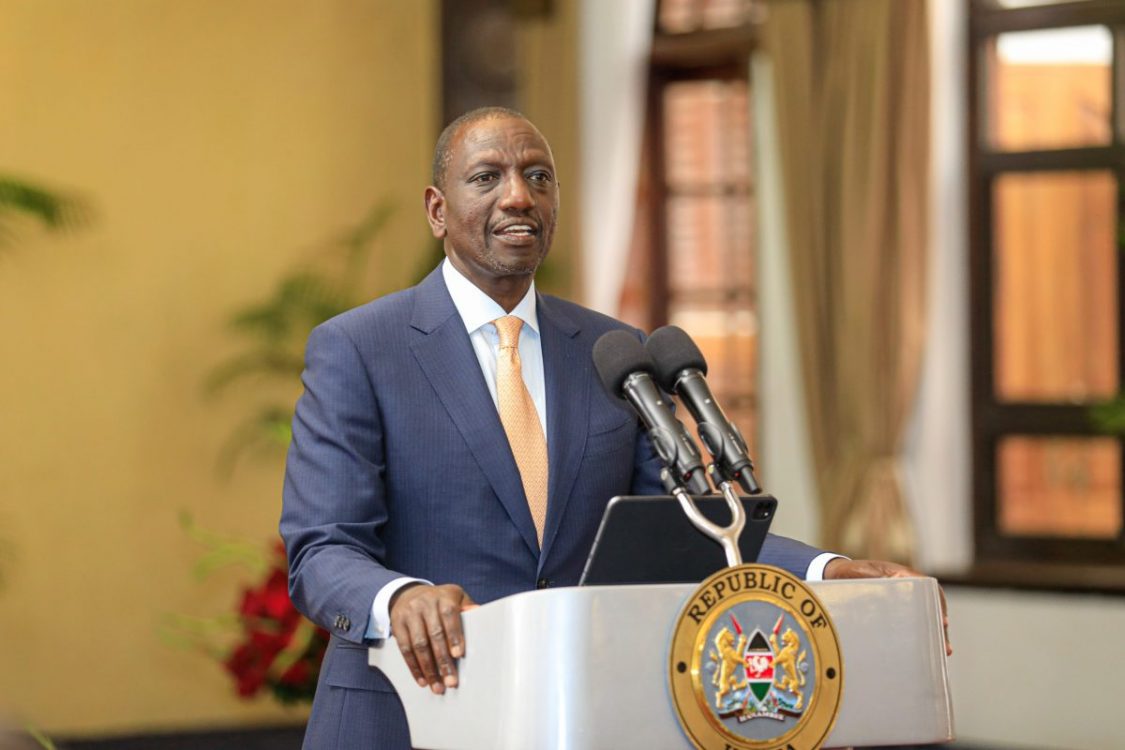In all fairness, State should let go of housing levy

What is in this housing tax that was first introduced as a levy, but is now a tax that all salaried employees must pay?
It is the one policy that this regime has legislated against all odds and is refusing to let go. The public participation just before the Finance Bill 2023 became an Act was majorly on the housing levy as it was then, only for it to resurface as a tax. Once it was enacted into law, 16 petitions were filed against it and all these were consolidated into one and the outcome is out there. The housing levy was found unconstitutional. This was on many grounds including the fact that it is discriminatory.
Most of these petitions were by civil society groups and individuals acting in the interest of the common Mwanainchi. And it is interesting that even after the ruling that declared the levy unconstitutional, the very government that is supposed to protect the interest of the public deemed it fit to appeal the ruling and get stay orders. Occasionally, I meet Kenya Kwanza and UDA diehards who have this strong belief that it is just a matter of time before this regime turns things around and deliver the real hustlers from the indignity of hustling themselves to squalid life. Often, I also meet folks who regret having supported this regime, folks who are bitter with the choices they made because they see no end to their plight as things are increasingly getting worse for them.
But for the diehards who still believe, where is that glimmer of hope that things will get better? Or are we likely to see that light at the end of the tunnel in the twilight of this regime’s five-year term?
With the punitive tax regime by a Government that has refused to let go of what, for all intent and purposes, Mwanainchi wants it to let go, there is more to the housing levy than the regime can explain.
First, it was said that Kenyans would contribute and get houses or their money back after some years. The explanation and the veracity of such schemes did not work and no one in the regime including the PS in charge had any coherent explanation. Then came the narrative that salaried people are against the levy because they do not want hustlers who do not have salaries to get houses and homes.
This was a classic divisive narrative that was dangerously poised to pit Kenyans against each other along perceived economic class differences that do not exist. Fact is that majority of the salaried Kenyans are actually struggling to buy homes and the mere ownership of a payslip does not presuppose affluence and ability to own a home.
The housing levy and many other deductions since the inception of the Finance Act 2023 have essentially taken a huge percentage of many Kenyans income and removed then from the income bracket that would afford them bank facilities such as development loans.
Kenyans, including the ones being told that the salaried folks don’t want them to own homes are bearing the consequences of the new tax regime.
Less income which means reduced disposable income and the consequent cuts in spending. People are spending less and in the wake of the high cost of living and the impending increase in school fees and school transport cost, it does not look good for many.
It, therefore, defeats logic why the regime is fighting the public on this small win they thought they got when the courts found the housing levy unconstitutional. Can’t they just let go and give Kenyans a New Year’s gift. It would ease the pressure on the regime and most importantly have a significant domino effect.
The rush to Parliament to address the unconstitutionality of the levy is a stark reminder that there is something about the levy that either the government does not want to tell the public or is essentially collecting some slush fund with zero clarity on how it will address the plight of Kenyans.
— The writer is a PhD candidate in political communication












